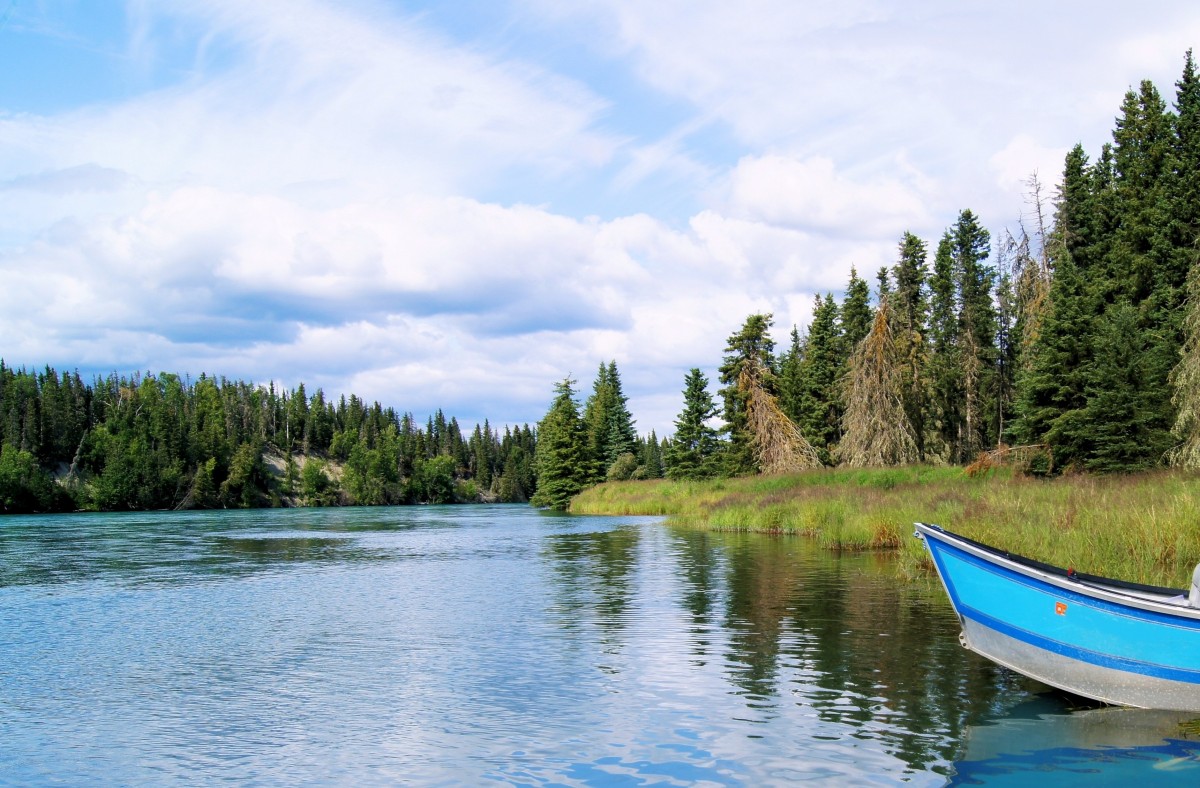Not a week passes by without someone complaining about technology. You know the stories; you’ve heard them all.
In my time, children didn’t have a smartphone to play with, and they were happier for it.
We spend too much time on our phones; we miss out on real life.
Ultimately, the main issue about technology is that it’s everywhere. It’s easy to find faults in a tool that plays such an integral part in our lifestyles.
However, before you start your witch hunt against technology, it’s essential to ask yourself a vital question.
Could you survive in a non-tech world? After all, it’s hard to know whether the gadget-less life we crave is right for us if we don’t try.

You can learn the skills you need
Picture a cosy little mountain cabin by a river. There is no electricity in the house and no phone signal. As you’re away from towns, you need to become self-sufficient.
Something as ordinary as eating takes an adventurous turn when you don’t have the option of going to the shop. You need to be pragmatic about it.
You can only eat what you fish, hunt, or collect. In other words, your off-the-grid lifestyle starts with the acquisition of all the equipment you need to feed yourself – as well as learning more about fishing and hunting tips from expert sources such as Fishing Sun.
Needless to say, if you’ve never immersed yourself in nature, it will be a life-changing experience.
Additionally, you also need the relevant DIY skills to maintain your property and repair breaks and damages effectively.
You can learn a new pace of lifestyle
A lot of things change when you go off the grid. Not only do you get to experience nature differently, but you soon become aware of the impact urban life has on your sleep and your nerves.
Where the city embraces a fast-paced environment, life in nature gives you the time to stop and breathe. There is no need to be on edge all the time.
On the contrary, your body and mind begin to relax in ways you haven’t experienced before. You sleep better at night. And, more importantly, you’ve got more time to reflect on your thoughts.
But the question is: Is a wild life going to work for you?
Despite its benefits, living in the wilderness may not be suitable for you. For a start, you’ve been conditioned to live and work in town. The skills you’ve learned are only valuable within a technological and urban environment.
We mock technology for taking a leading position in our lives, but the truth is that we need it. Not only does it enable us to work and interact, but technology truly saves lives.
Indeed, technology has enabled people to find more cures and preventive treatments for countless diseases, to stay in touch with long-distance friends and relatives, and to learn every day about new opportunities.
Are you ready to give up all these to live in the wild?
Technology, and especially digital technology, is in its infancy. There is no denying that we may not be making the most of our tools.
However, spending time away from the modern gadgets of everyday life highlight their real importance. Off-the-grid living is a life of isolation and inaccessibility to care.
Maybe, instead of remove technology from our lives, we should reintroduce the wilderness into our routines.